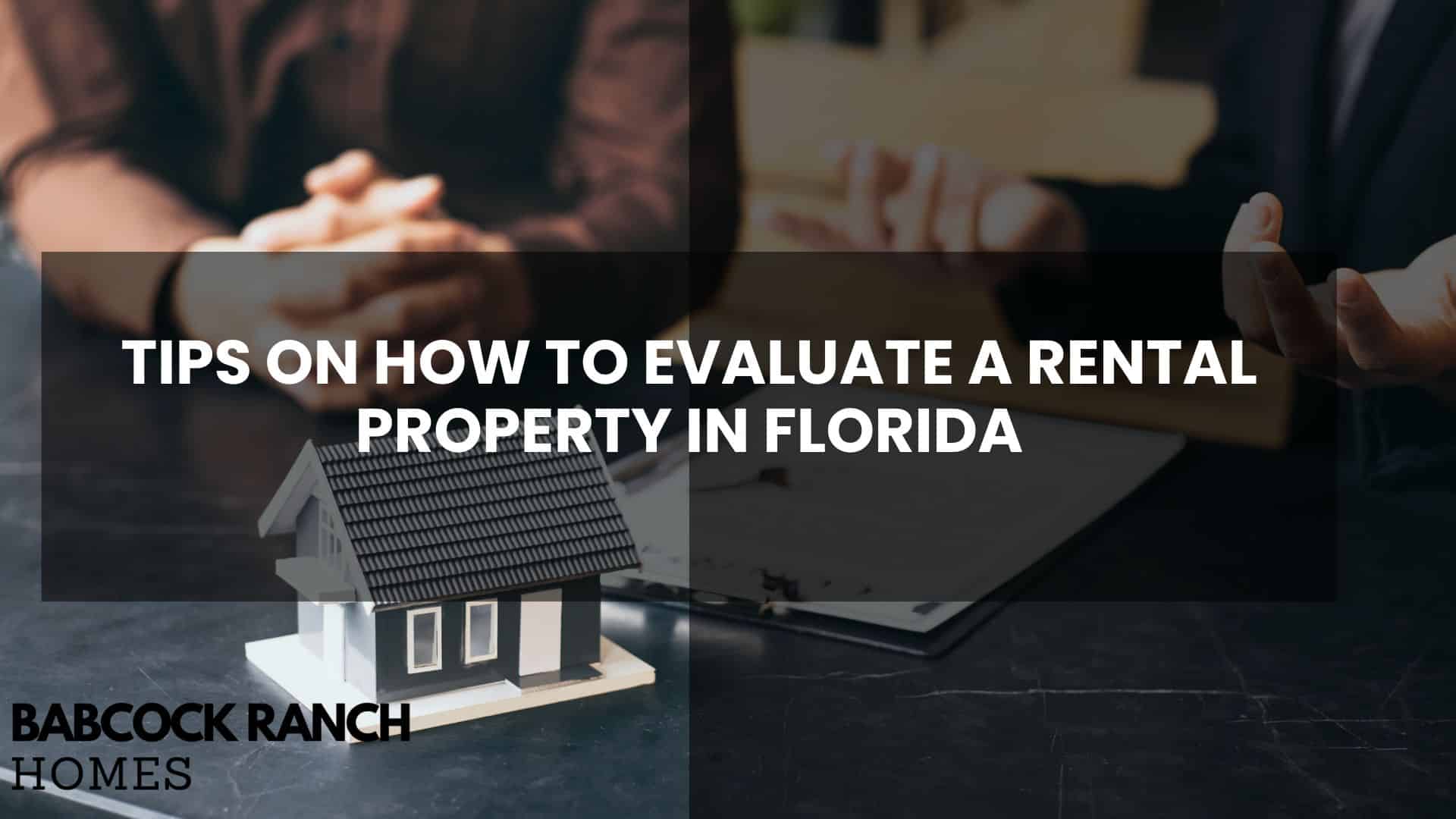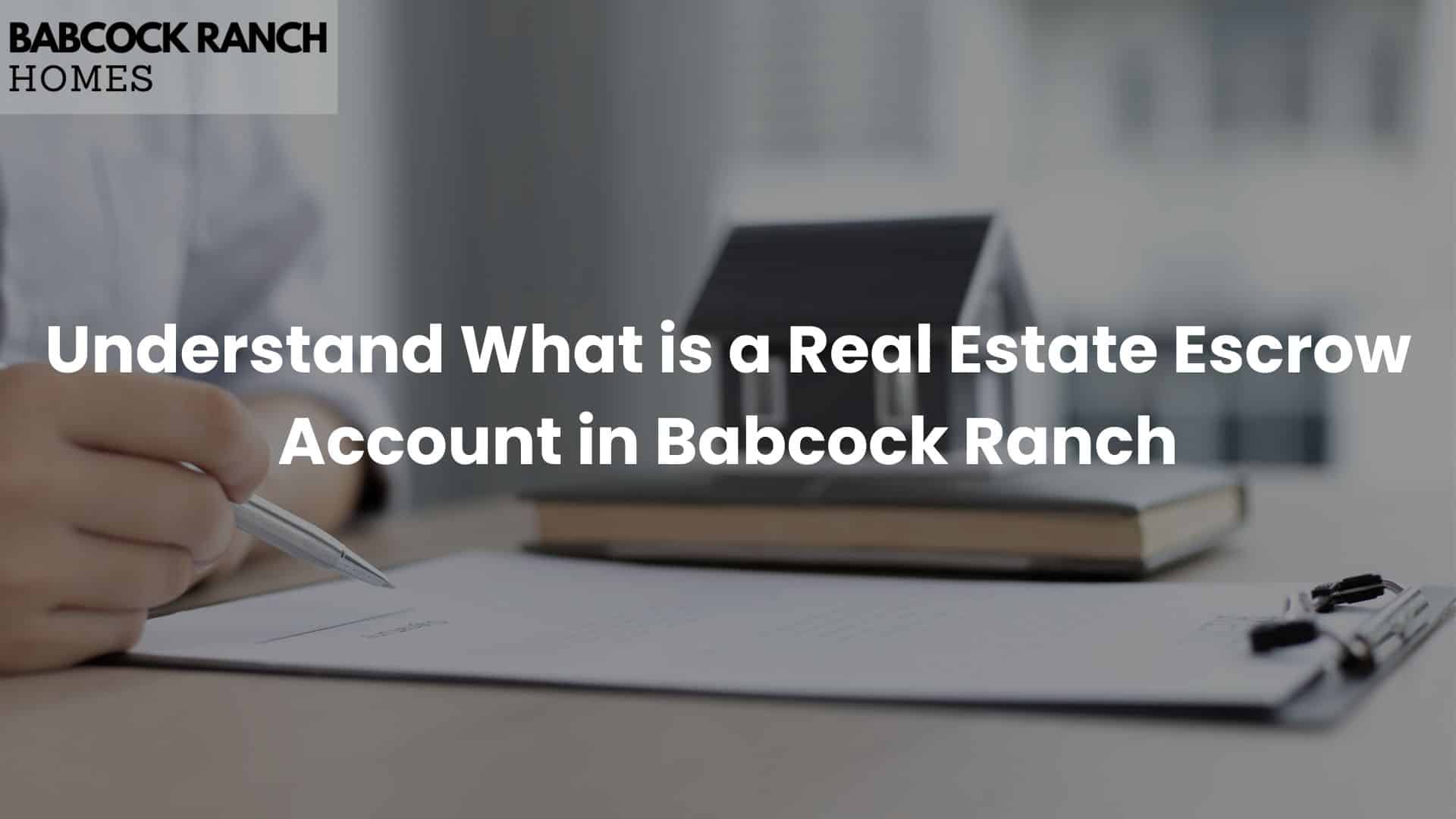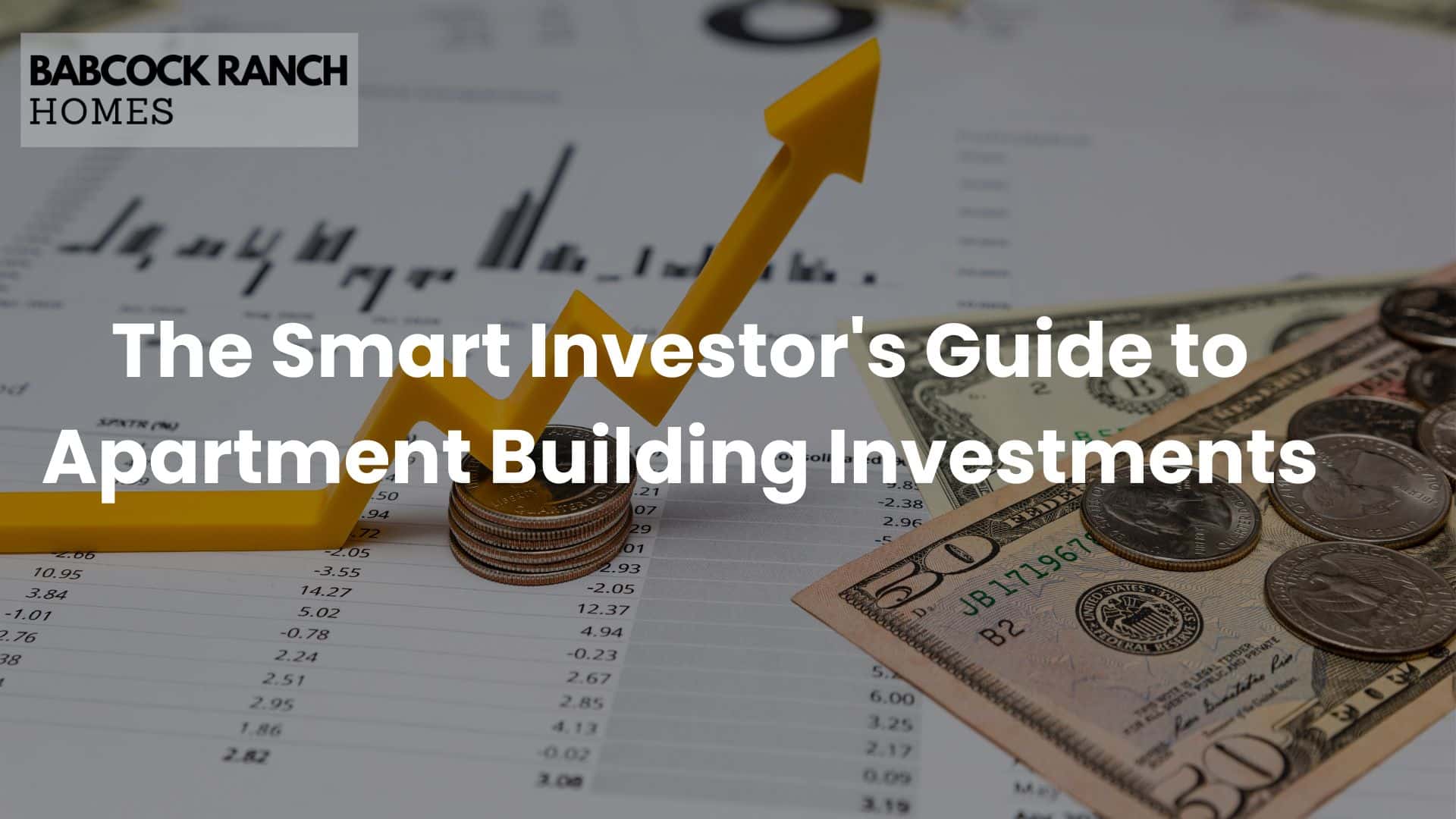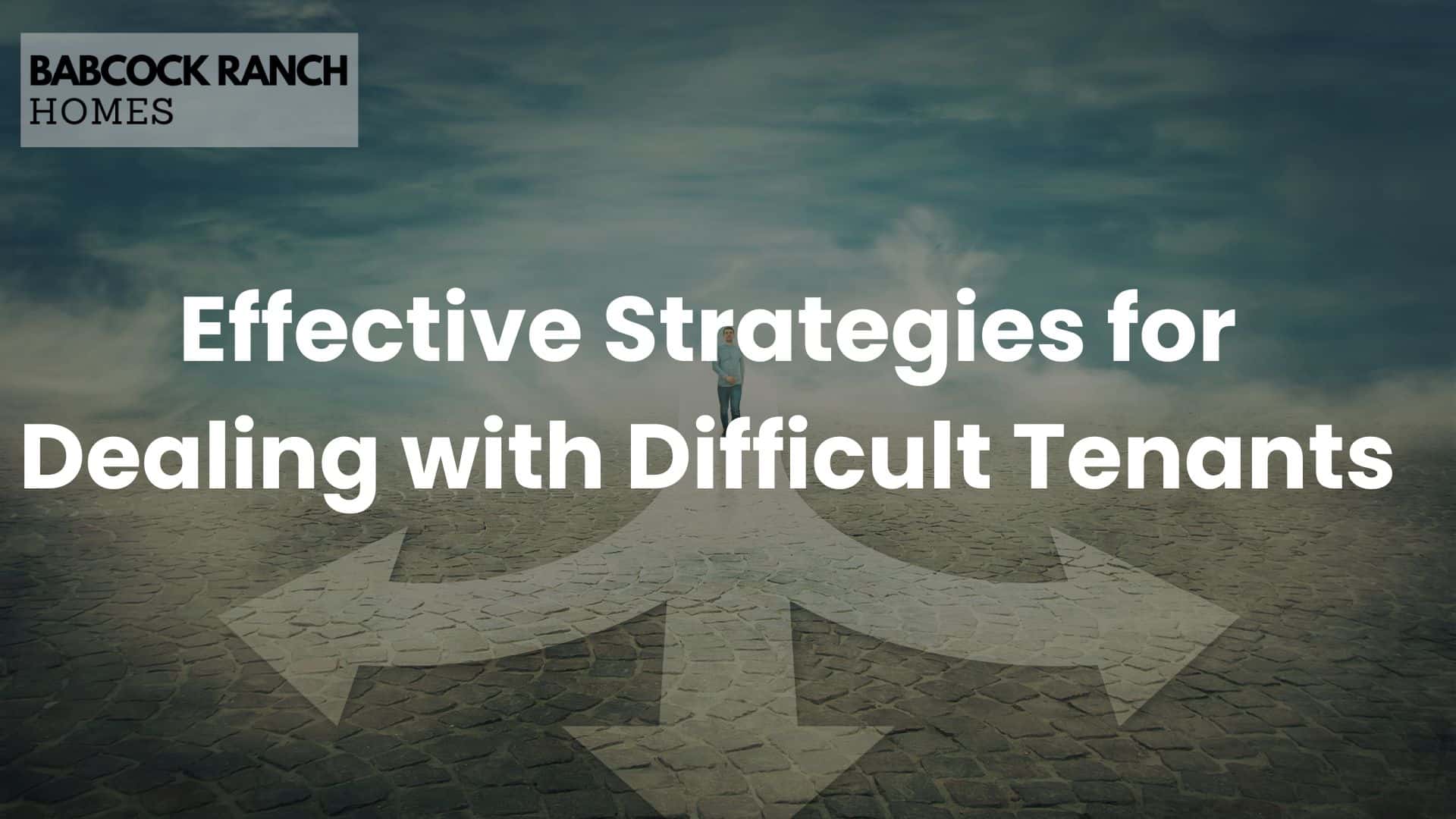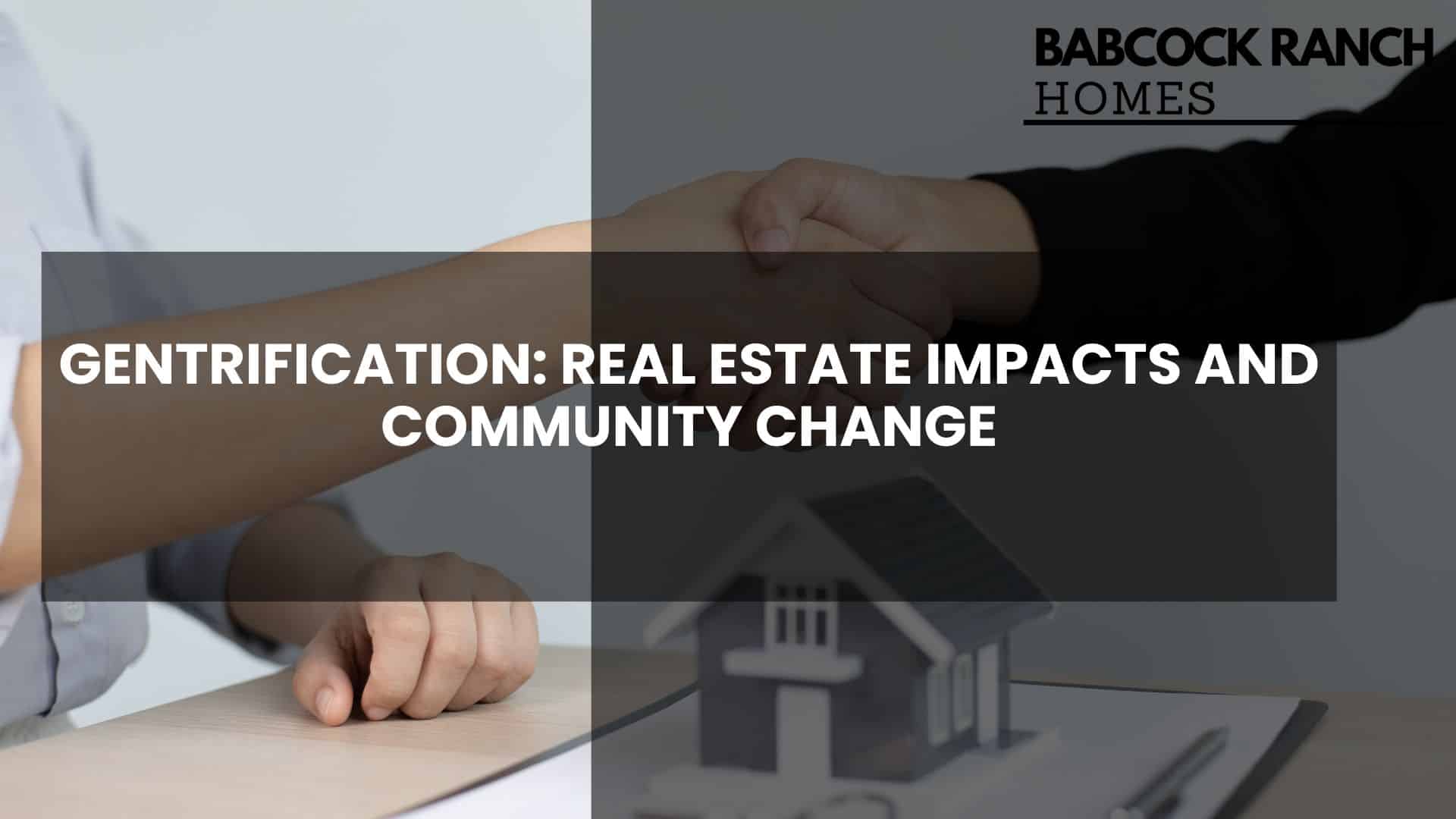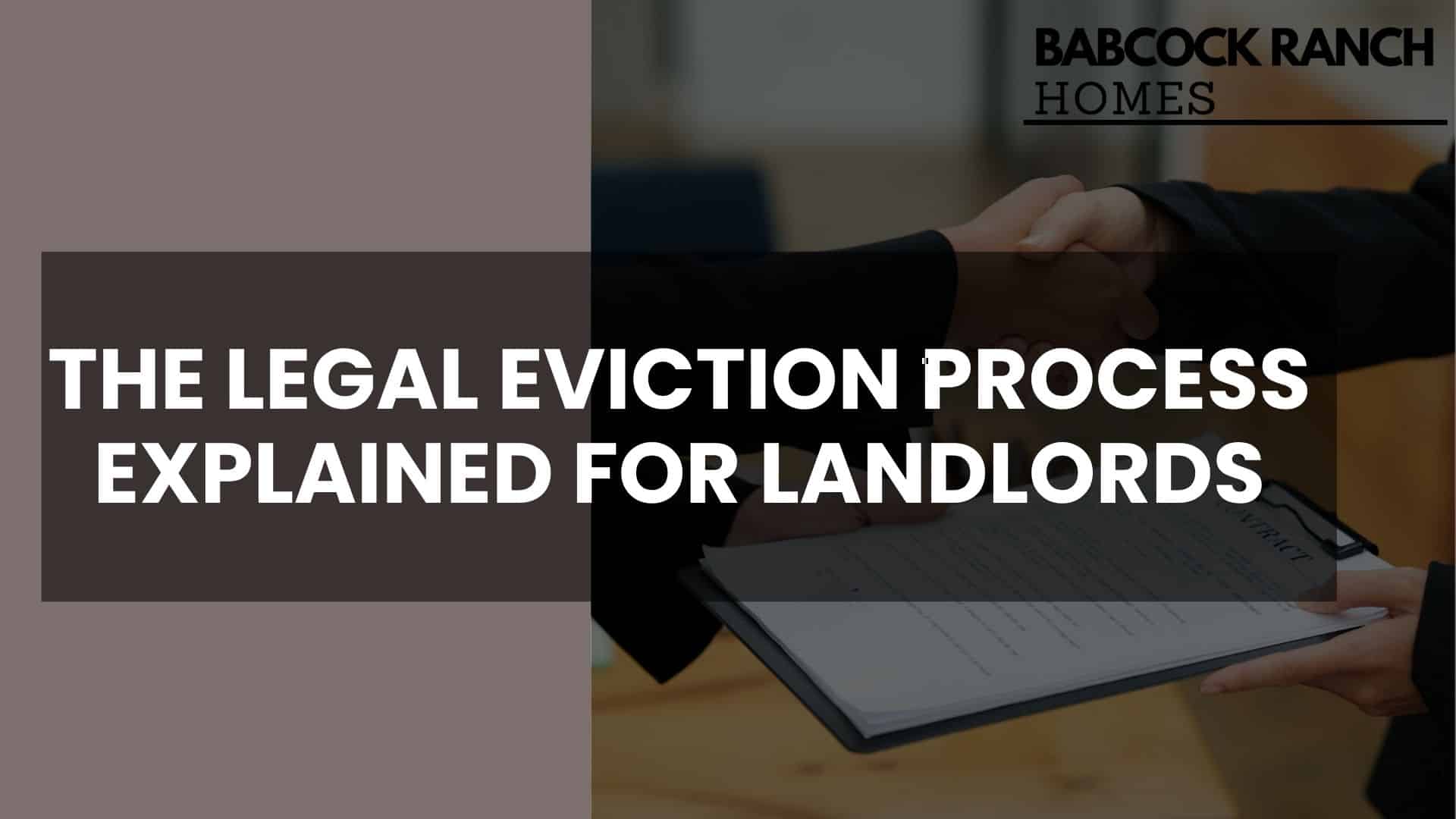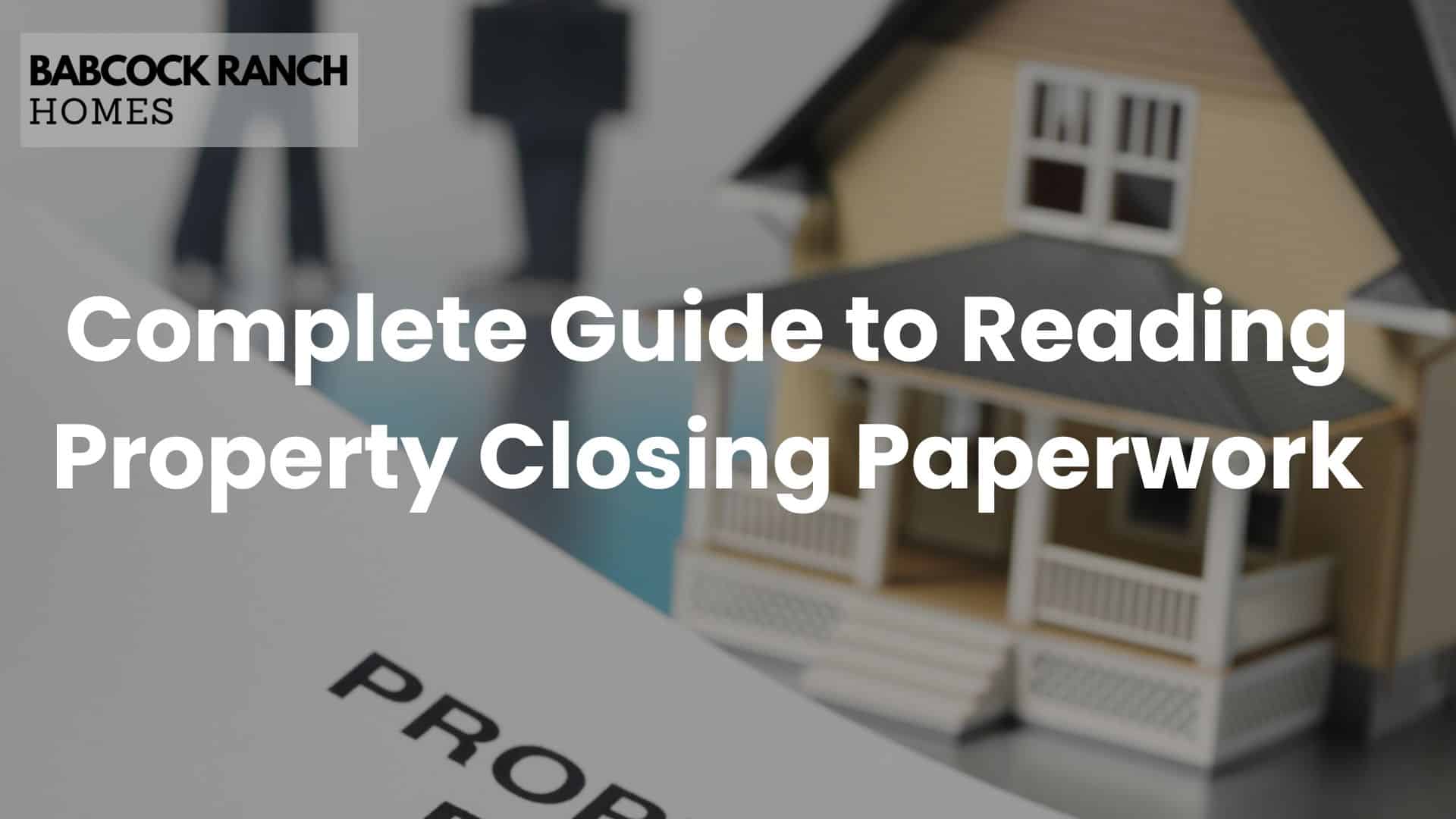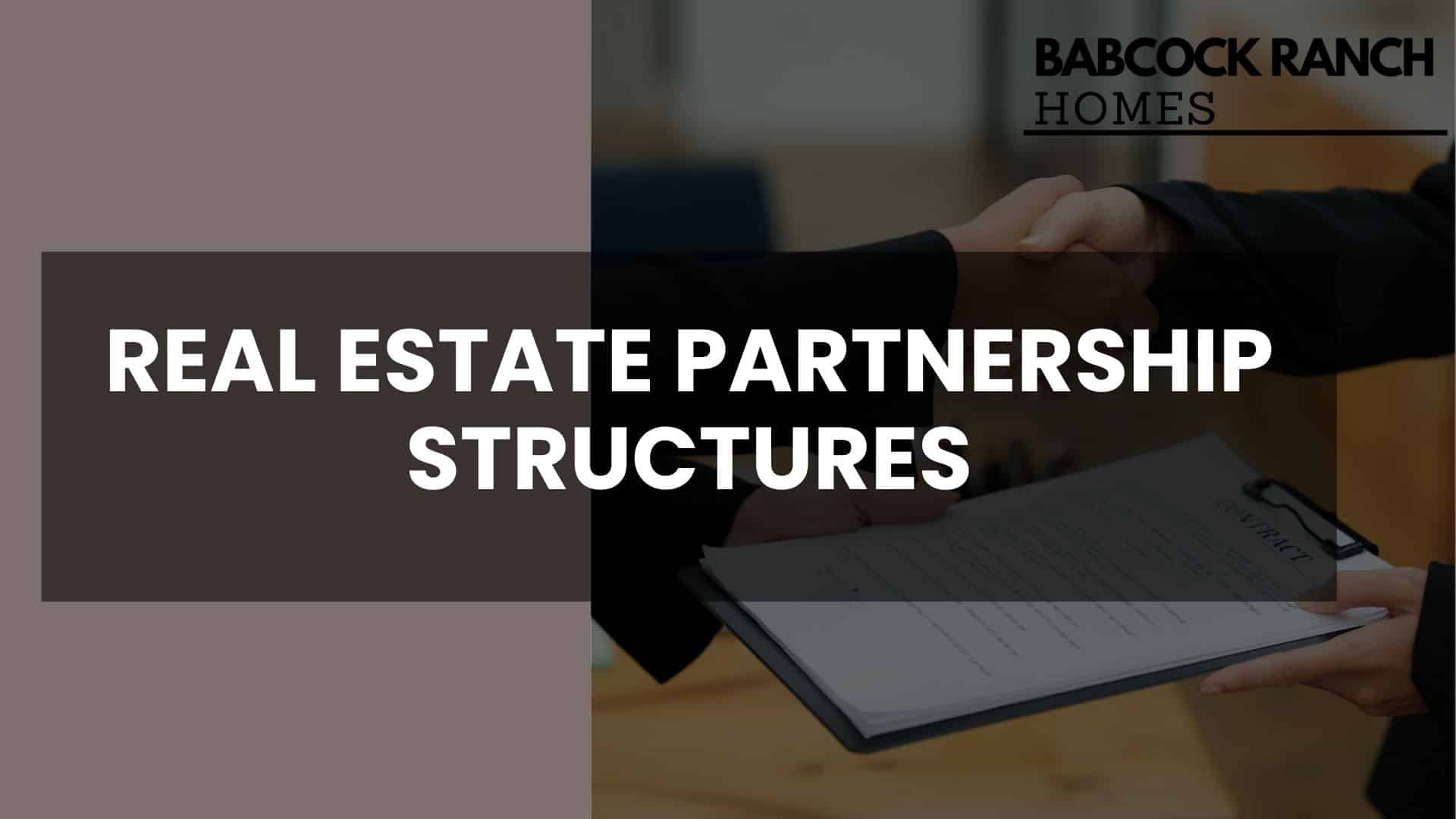
Did you know 68% of real estate investors use alternative financing for time-sensitive deals? Traditional lenders often can’t match the speed or flexibility these solutions provide. This gap fuels demand for specialized funding tools tailored to property transactions.
Private lenders offer collateral-based agreements where physical assets secure repayment instead of credit history. Approval timelines shrink from weeks to days, empowering investors to act fast in competitive markets. Terms focus on equity and exit strategies rather than income documentation.
These arrangements work particularly well for fix-and-flip projects or land development ventures. Borrowers gain access to capital without navigating strict bank regulations. Lenders mitigate risk through property valuations and shorter repayment periods.
Key Takeaways
- Collateral replaces credit checks as the primary approval factor
- Faster processing compared to conventional mortgage applications
- Commonly used for property rehabilitation and development projects
- Private investors rather than banks typically fund these agreements
- Short-term nature aligns with quick real estate transactions
Overview of Hard Money Loans
Quick access to funds often determines success in competitive property markets. Unlike traditional mortgages, these financing solutions prioritize collateral over credit reports. Lenders focus on tangible assets rather than income statements or debt-to-income ratios.

Introduction to Asset-Based Lending
Asset-based agreements center on a property’s current worth and future potential. After-repair value (ARV) calculations drive loan amounts, with lenders typically offering 60-75% of the projected renovated price. This approach enables faster approvals since appraisals replace lengthy financial reviews.
Real Estate Investment Context
Seasoned professionals leverage these loans for strategic acquisitions requiring immediate action. Common use cases include:
- Renovating distressed properties for quick resale
- Securing auction purchases before deadlines
- Funding multiple concurrent development projects
The short-term structure aligns with renovation timelines, usually lasting 6-18 months. Borrowers benefit from flexible repayment plans tied to property sales rather than rigid monthly schedules.
What is a Hard Money Loan
In fast-paced real estate markets, timing often dictates success. Collateral-first financing prioritizes property value over personal financial history. Private investors or specialized firms provide capital secured by physical assets, typically real estate.

These arrangements differ from conventional mortgages. Approval hinges on the asset’s potential rather than income verification. Borrowers gain funding within days instead of weeks, crucial for competitive acquisitions or renovation projects.
Common scenarios for collateral-based agreements include:
- Purchasing undervalued properties needing repairs
- Securing auction deals with strict deadlines
- Bridging gaps between property purchase and permanent financing
Lenders assess risk through detailed property appraisals and exit strategies. Repayment terms typically span 6-18 months, aligning with renovation or resale timelines. This structure benefits investors needing quick capital without traditional credit checks.
Interest rates often exceed standard mortgages but reflect the speed and flexibility offered. The focus remains on the property’s after-repair value, creating opportunities for strategic renovations. This approach transforms underutilized assets into profitable ventures through targeted improvements.
How Hard Money Loans Are Structured
Strategic financing structures separate successful deals from missed opportunities. Collateral-based agreements rely on two critical metrics: the property’s current condition and its potential value after improvements. Lenders analyze these factors to create tailored funding solutions.

Property Valuation and After-Repair Value
Lenders prioritize the property’s future potential when determining loan amounts. They calculate after-repair value (ARV) using comparable sales and renovation cost estimates. Detailed improvement plans help justify higher funding limits.
For example, a $200,000 ARV might secure 65% of that projected value. This approach rewards borrowers who present clear timelines and contractor bids. Accurate comps from similar renovated properties strengthen your case.
Understanding the Loan-to-Value Ratio
The LTV ratio acts as a safety net for lenders while ensuring you receive necessary capital. Most agreements cap funding at 60-70% of ARV. Your down payment typically covers the gap between current value and loan amount.
Loan terms adapt to four key factors:
- Property type and location
- Scope of planned renovations
- Local market trends
- Your project management experience
Strong exit strategies and realistic timelines often lead to better rates. Lenders balance risk by aligning repayment schedules with your property’s resale potential.
The Approval Process for Hard Money Loans
Real estate opportunities vanish faster than morning fog in competitive markets. Private lenders streamline approvals by focusing on collateral strength rather than bureaucratic checklists. This approach transforms weeks-long bank processes into matter-of-day decisions.
Speed of Funding Compared to Traditional Loans
Traditional mortgages drown borrowers in paperwork for 30-45 days. Asset-backed financing often delivers commitments within 48 hours. You submit property details and renovation plans instead of tax returns.
Three factors enable rapid funding:
- Automated valuation models for instant equity analysis
- Direct lender relationships eliminating middlemen
- Pre-approval templates for repeat investors
Key Criteria Beyond Credit Scores
Lenders prioritize your exit strategy over FICO numbers. While basic credit checks occur, they’re secondary to the property’s profit potential. You’ll demonstrate experience through past projects or contractor partnerships.
Essential documentation includes:
- Comparative market analysis for the asset
- Renovation cost breakdowns
- Purchase contract or auction terms
Seasoned investors often secure better rates by showcasing management capabilities. Your track record with similar projects matters more than perfect payment history.
Pros and Cons of Hard Money Loans
Real estate moves at lightning speed, and traditional financing often can’t keep up. Asset-based lending fills this gap with unique advantages and trade-offs. Understanding both sides helps investors make informed decisions aligned with their project timelines.
Benefits for Real Estate Investors
Speed defines these arrangements. Funding approvals often come within 24-48 hours, letting you secure properties before competitors. Flexible terms allow customized repayment schedules that match renovation timelines.
Key advantages include:
- Minimal credit requirements compared to banks
- Bridge financing for auction purchases or urgent acquisitions
- Loan structures based on property potential rather than income history
Risks and Cost Considerations
Higher costs accompany faster access. Interest rates typically range from 8% to 15% – significantly above conventional mortgages. Short repayment windows (6-36 months) add pressure to complete projects quickly.
Potential drawbacks involve:
- Balloon payments requiring full repayment at term’s end
- Origination fees averaging 2-5% of loan amounts
- Property seizure risks if timelines slip
Evaluate whether rapid capital access justifies these costs. Successful investors pair quick funding with detailed exit strategies to mitigate risks.
Special Considerations for Non-Traditional Borrowers
Not every property investor fits traditional lending molds. Collateral-based financing opens doors when banks say no. This approach prioritizes assets over conventional approval metrics.
Flexibility in Credit and Documentation Requirements
Lenders evaluate deals differently than conventional institutions. Your credit score becomes secondary to the property’s value and profit potential. Self-employed professionals benefit from reduced income verification demands.
Three scenarios where this flexibility shines:
- Business owners with tax returns impacted by write-offs
- Investors rebuilding credit after financial hardships
- Career changers without recent income history
Documentation focuses on property details rather than pay stubs. You’ll provide renovation plans instead of employment verification. Lenders assess exit strategies more heavily than past credit events.
Recent financial setbacks like medical bills or divorce settlements matter less here. The asset’s equity cushions lender risk. This model rewards real-world investment skills over paperwork perfection.
Alternatives to Hard Money Lending
Exploring diverse funding sources can unlock better terms for property investments. While collateral-based agreements work for urgent deals, other options often provide lower rates or extended timelines. Savvy investors compare multiple solutions before committing funds.
Home equity products let homeowners leverage existing property value. A HELOC or cash-out refinance taps into built-up equity, often offering rates below private lending options. These work best for investors with substantial ownership stakes in their primary residences.
Government-backed programs present another path. FHA and VA loans support multi-unit purchases with lower down payments. HomeStyle Renovation mortgages through Fannie Mae combine purchase and improvement costs into single financing packages.
Consider these additional strategies:
- Seller financing agreements with flexible payment structures
- Partnerships using private investor capital
- SBA loans for business-related property acquisitions
Evaluate each option against your project’s timeline and risk tolerance. Longer-term renovations might favor conventional mortgages, while quick flips could justify higher-cost bridge loans. Your credit profile and equity position will steer you toward optimal solutions.
Financing Real Estate in Babcock Ranch Florida
America’s first solar-powered town offers distinct opportunities for eco-conscious property investments. Babcock Ranch combines sustainable living with modern amenities, creating a unique market dynamic. Forward-thinking developments here attract buyers prioritizing energy efficiency and community design.
Local Market Insights
Properties in this planned community often feature smart home technology and renewable energy systems. Demand grows for homes blending environmental responsibility with resort-style living. Investors find potential in:
- Solar-ready residential units
- Mixed-use commercial spaces
- Preserved natural areas attracting eco-tourism
Time-sensitive deals benefit from collateral-based financing solutions. Quick approvals help secure limited inventory in high-demand neighborhoods. Sustainable features may influence property valuations during lender assessments.
Role of Babcock Ranch Homes in the Community
Local experts like Babcock Ranch Homes (518-569-7173) guide buyers through specialized transactions. Their team understands community covenants and green building standards. This knowledge proves vital when structuring agreements for energy-efficient properties.
Working with area professionals helps navigate:
- Unique zoning requirements
- Community sustainability initiatives
- Financing options tailored to green developments
Their expertise bridges the gap between innovative living concepts and practical investment strategies. This alignment creates smoother transactions in Florida’s model sustainable town.
Conclusion
Strategic financing decisions separate thriving investors from those missing opportunities. Collateral-based solutions deliver speed when traditional options stall, empowering quick property acquisitions and renovations. These tools shine for time-sensitive deals but demand thorough cost-benefit analysis.
Higher interest rates and shorter terms require precise exit strategies. Successful users balance rapid access with realistic timelines, leveraging assets rather than credit history. Always compare alternative funding sources before committing.
For Babcock Ranch investments combining sustainability with smart growth, consult local experts at 518-569-7173. Their team specializes in eco-conscious property financing, helping navigate unique community requirements while securing optimal terms.
Evaluate your project’s needs against repayment capabilities. When speed outweighs costs and clear exit plans exist, these arrangements become powerful tools in competitive real estate markets.

